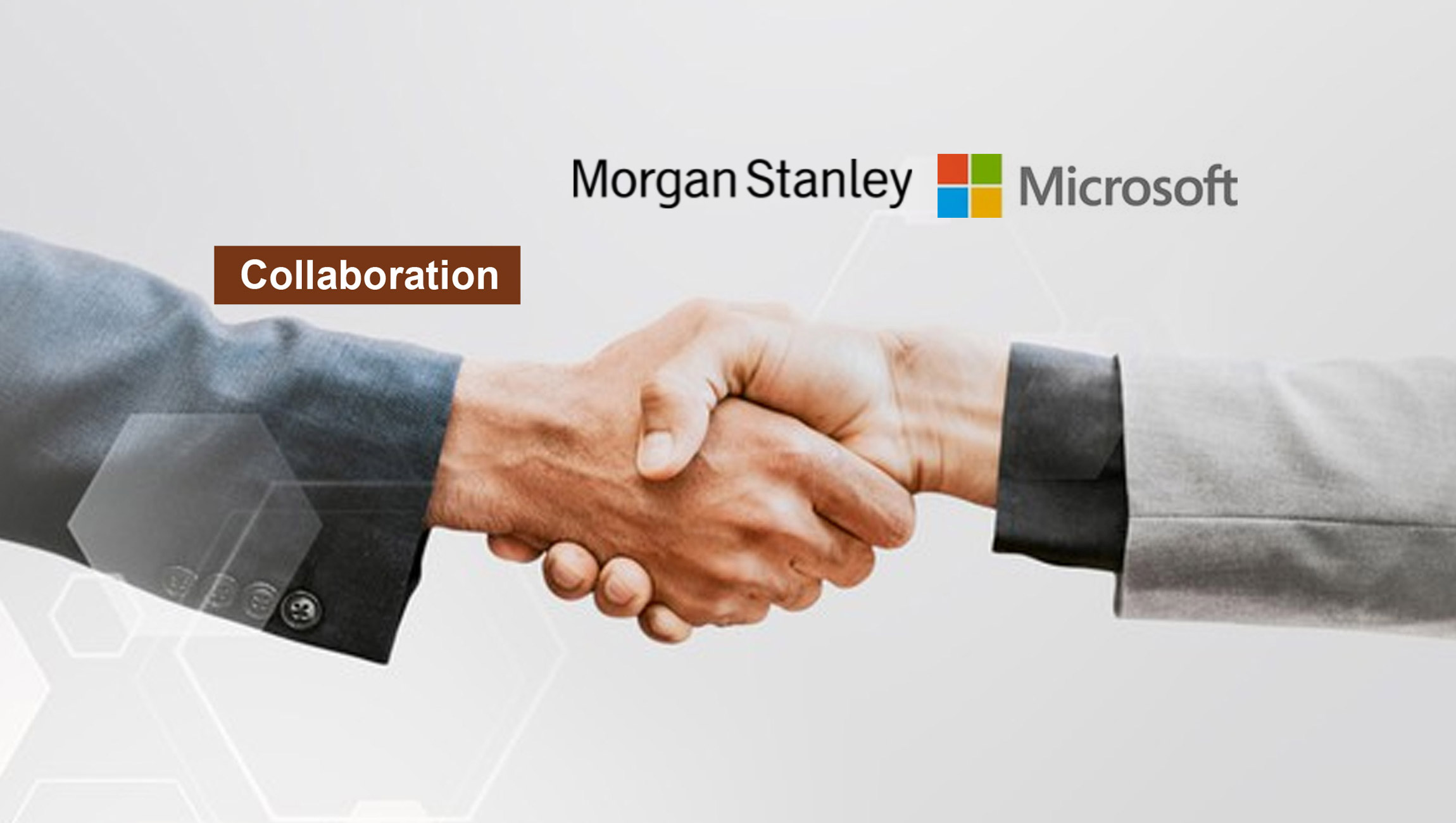State of Personalization Report reveals that both consumers and businesses see personalization as a requirement of today’s digital experiences
Nearly half of consumers are less likely to purchase from a brand again after an unpersonalized experience
43% of organizations see accurate, real-time customer data as the biggest challenge to their personalization efforts
Twilio Segment, the world’s #1 Customer Data Platform (CDP), today published its State of Personalization Report for 2021. The report, which reflects findings from a survey of 3,000 consumers and business decision-makers in online retail and e-commerce, reveals a gap between consumer expectations and the experiences brands are actually offering.
Marketing Technology News: Hootsuite Welcomes New SVP of Software Development, Manish Kamra
“Put simply, in today’s world, brands that cannot deliver true personalization will lose customers and revenue to those that can.”
The study was conducted in the wake of a dramatic industry shift sparked by the global pandemic. In the last 15 months, stay-at-home orders left businesses with a stark choice: go digital, or go bust.
“Personalization, which was once only offered by the world’s most cutting edge companies, is now a basic expectation for consumers. They want the brands they interact with to be available on multiple channels and to remember who they are, where they’re coming from, and what their preferences are,” said Peter Reinhardt, CEO of Twilio Segment. “Put simply, in today’s world, brands that cannot deliver true personalization will lose customers and revenue to those that can.”
Marketing Technology News: MarTech Video Interview With Robert Glazer, Founder And CEO At Acceleration Partners
Personalization takes on new urgency, as consumer expectations outpace experiences
As organizations were forced online, consumer expectations also shifted, and the quality of digital experiences became a priority for businesses and consumers alike. Offering personalized digital experiences — where each customer receives customized communications and a tailored, consistent experience across a brand’s channels — is no longer just a nice-to-have. Both businesses and consumers agree: 75% of businesses believe personalization is table stakes, while over half of consumers say personalization improves the customer experience.
However, most businesses aren’t offering the one-to-one, personalized experiences that consumers have come to expect. Only 60% of consumers find their retail shopping experience to be personalized, and as a result, customer loyalty is on the line:
- More than half (60%) of consumers say they will likely become repeat buyers after a personalized shopping experience with a retailer. When Segment asked consumers the same question in 2017, only 44% said the same.
- More than a third (36%) say they’ll shop with a brand again if they’ve had a good experience, even if cheaper or more convenient options are available.
- Nearly half (45%) say they’re less likely to purchase from a brand after an unpersonalized experience, and close to a third (27%) will stop shopping with them altogether.
Additionally, 78% of consumers have been frustrated by a shopping experience that hasn’t changed even after they’ve provided negative feedback, and 77% of consumers say they become frustrated when they get push notifications or text messages for promotions they’re not interested in.
Consumers expect personalization across all channels
Sixty-nine percent of consumers expect a personal and consistent customer experience across multiple channels, both physical and digital. Yet few businesses have both the technology and business resources to create a consistent, personalized omnichannel experience.
Less than one in four businesses say they are investing successfully in omnichannel personalization, and 21% of businesses say they don’t see the ROI in investing in omnichannel experiences.
Given a choice, 61% of consumers say they’d prefer fewer, better channels when shopping with a brand. With consumers choosing fewer channels to engage, brands are challenged to deliver high-quality personalization across all channels so they can meet the consumers where they are.
Part of the difficulty for brands is a lack of accurate, real-time customer data — nearly half (43%) of organizations say it’s the biggest challenge to their personalization efforts. To power the omnichannel experiences that consumers expect, businesses need to invest in technology that has a holistic view of the different customer touchpoints, and use that real-time data to continually engage customers.
Personalized experiences and data privacy aren’t mutually exclusive
While consumers have heightened expectations for personalization, they also expect brands to prioritize their privacy. Consumers are becoming increasingly conscious of how businesses are using their personal data, and are demanding the highest standards of privacy from every organization they interact with. More than half (55%) say trustworthiness and transparency are the most important traits they look for in a brand. And brands are on the right track — 80% of businesses say they are using at least some first-party data, data collected directly from a company’s interactions with its customers, to personalize the customer experience.
Sixty-nine percent of consumers say they are fine with personalization, so long as it’s data they’ve shared with a business directly (first-party data). They do expect a benefit in return for sharing their data. For example, 42% of consumers expect to receive a relevant discount within 24 hours after identifying themselves to a brand. Also almost half (48%) are happy to share personal data in exchange for personalization, so long as their data is secure.
Reinhardt added: “The data in the State of Personalization Report makes it clear that brands only face two choices: personalize or perish. The digital acceleration sparked by the pandemic has created a new reality and new expectations. If they don’t take this seriously, customers will walk away and support the competition.”
Marketing Technology News:Why Brands Should Ramp Up Their OTT Marketing Strategies











